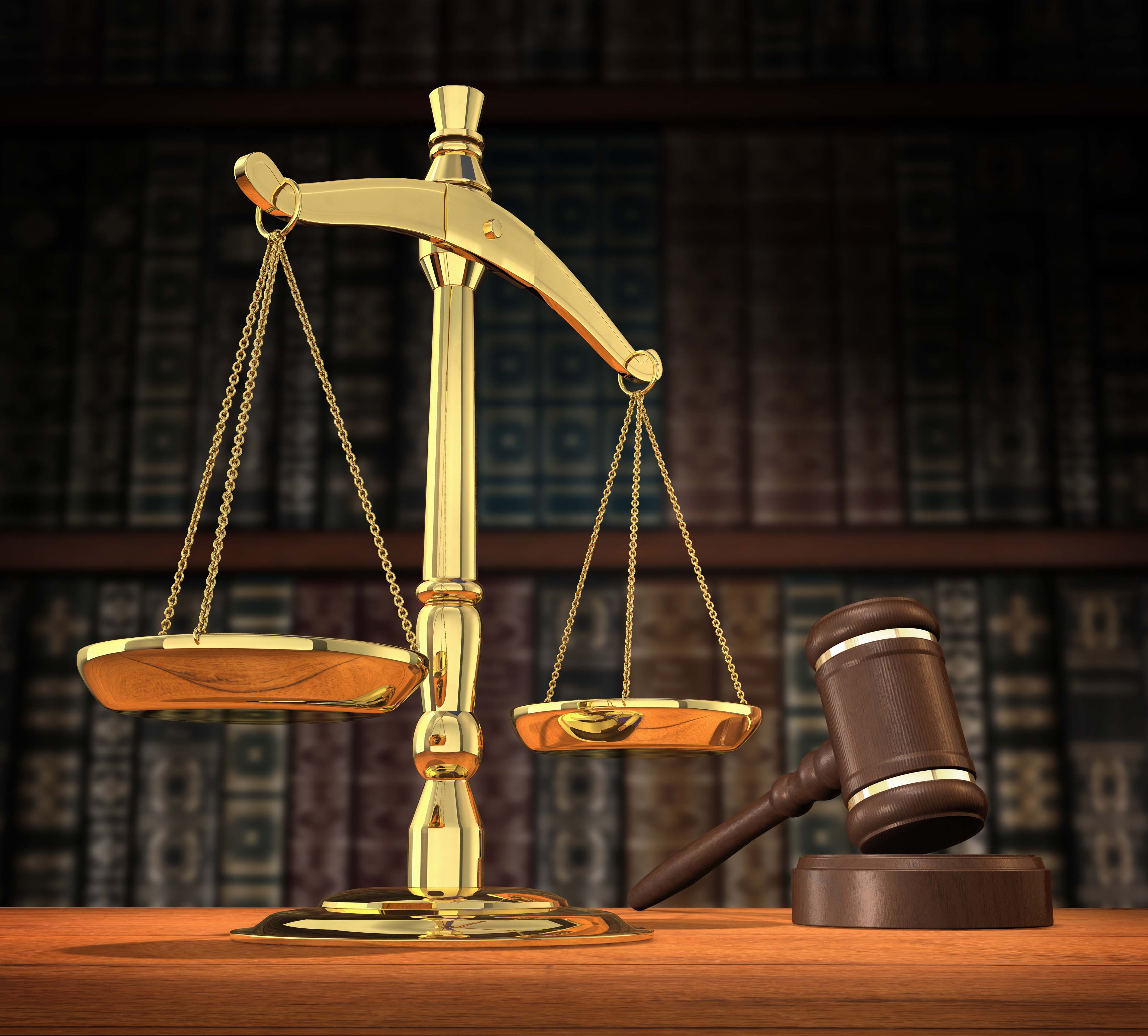It is not “deformation” of character; rather it is defamation of character. It is called such because you de-fame the character of a person or corporation. In other words you criticize them in a manner that makes them feel that you ruined their fame (reputation).
How do you defame?
- You defame when you write, say, or publish something about a person which harms their reputation when others read, hear, or see that thing.
- Defamation happens only when the estimation in which a person is held in the community (the level to which they are respected); and the standing of that person in the eyes of others is lowered by the written article, statements made or the publication.
Who can be defamed?
- Any living person. You cannot defame a dead person so this means that relatives cannot sue in respect of defamatory statements affecting the reputation of the dead person;
- A company or corporation (both trading and non-trading Corporations can be defamed but for a non-trading corporation the statement should be about the in which it runs its affairs and should be aimed at causing it financial losses.
Statutory Corporations /Parastatals such as Zimbabwe United Passengers Company (ZUPCO), Zimbabwe National Roads Administration (ZINARA), National Railways of Zimbabwe (NRZ) and Grain Marketing Board (GMB) may not sue for defamation if they are part of the governance of the country. This is because government bodies should be open to public criticism and the public should have the right freely to criticise the activities of these bodies. Secondly, the State should not stifle or silence criticism by mounting defamation actions against those who criticise it using state funds or public tax dollars to finance such actions.
Is there criminal defamation?
Zimbabwean law, in Section 96 of the Criminal Law Codification and Reform Act (the Criminal Law Code) allows the police to arrest journalists or anyone who publishes anything that is not true. They can be sent to prison or asked tod a fine for their publication. The law says that the person who published the false statements will be held responsible if they publish something that they know is not true or if they know that it is possible the information could be untrue. The person responsible for the publication will also be held responsible if the publication harms the reputation of the person they have published about or if the publication is likely to damage the reputation of the other person.
It is obvious that the police cannot just arrest someone without being told to arrest; so the question is who gives them the order to arrest? If an ordinary person feels that they have been defamed can they also make the police arrest the person responsible for the defamatory statement?
The obvious truth is that this law was made for a purpose. It protects the reputations of those people who are influential enough to order the police to arrest people who say things they don’t like. This law mostly affects journalists who are often targeted by politicians who are unhappy with their investigative work. The law limits the ability of journalists to do their jobs without fear or favour. That is why in human rights terms we would say it violates the freedom of expression and of the press. These freedoms are protected under the Zimbabwean Constitution.
What can be done to make this law go away?
On 12 June 2014the Constitutional Court of Zimbabwe passed a decision in a very important case. This was in the famous case of Nevanji Madanhire and Anor v Attorney General (Judgment No CCZ 2/14 Const. Application No CCZ 78/12).The Court said that the law that allows people, journalists especially, to be arrested for defamation was against the constitution.
The judges said the law was not reasonably justifiable in an open and democratic society. It also said that the Minister of Justice had not shown reasons why the law should not be outlawed. The law was therefore declared void (non-existent), and to be against freedom of expression.
So the law doesn’t exist anymore?
Yes and No.
There are still many questions on whether the law remains valid. When the Constitutional Court made its decision, it said that the law was against the Constitution but it meant the Old Constitution. Now we have a new Constitution which we voted for in a Referendum in in 2013.
The judges of the Constitutional Court in the Madanhire case did not specifically say that the law is against the new constitution.
While some lawyers believe that the law still exists because it has not been challenged under the new constitution others think that the sensible thing say is that when the court said the law was against the old constitution and of no force (void) the law ceased to exist. They also say that because the law doesn’t exist since it was already outlawed by the highest court, the Constitutional Court under the old constitution then there is no law to talk of.
It is still not clear what the position is. I guess we have to wait until someone is arrested again for breaking this law to hear what the courts will say.
Our view on criminal defamation laws
These laws are not just. People can’t just be thrown into jail because they have said something that is not true. The laws on defamation (civil laws not criminal laws) exist for this reason. You don’t send someone to jail, for damaging your reputation. You take them to the civil court and asked to be paid damages (make them pay with money or you make them fix the damage by apologising and telling the truth.)
…THE END
Oh, but wait a minute. It is not over yet.
What can you do if you are defamed?
If you feel that you have been defamed, you CAN TAKE YOUR MATTER TO COURT. It is called a civil suit because you take the case to the Civil not Criminal division of the court. You will have to file your case in which you show clearly the person who defamed you, why you think they defamed you, what they published, and how it has damaged your reputation. You can claim a public apology, a retraction or new publication stating the true position, or money for damages. People have been given thousands of dollars as damages for defamation. There is no need to throw a person in in jail.
PS: – When you say someone is DeFORMED you mean that their body does not have the normal/natural form or shape. Now that clarifies DeFAMATION doesn’t it?

